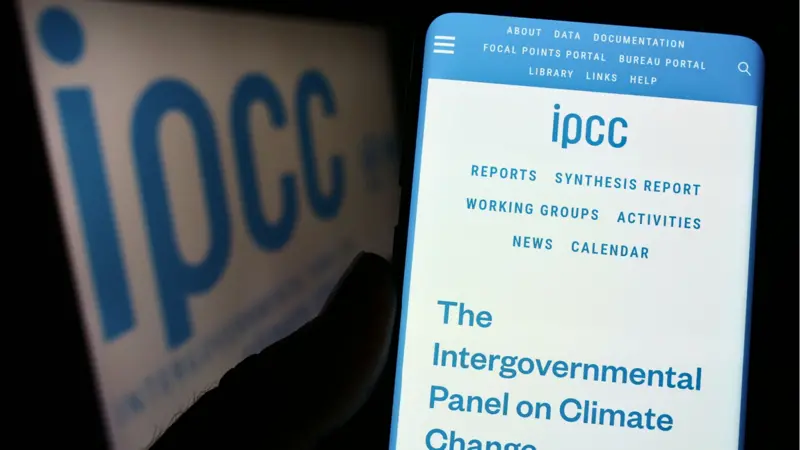

Industry News

Industry News
UN Panel Calls for Climate Action
The United Nations (UN) Intergovernmental Panel on Climate Change (IPCC) released a “synthesis” report summarizing findings from the last six IPCC reports on climate change on March 20, 2023.
The scientists reported that there are multiple, feasible and effective options to reduce greenhouse gas emissions and adapt to climate change.
In 2018, IPCC highlighted the scale of the challenge required to keep warming to 1.5°C above pre-industrial levels. Five years later, the report says that the pace and scale of what has been done so far, and current plans, are insufficient to tackle climate change due to a continued increase in greenhouse gas emissions.
More than a century of burning fossil fuels as well as unequal and unsustainable energy and land use has led to global warming of 1.1°C above pre-industrial levels, resulting in more frequent and intense extreme weather events that have impacted nature and people in regions around the world.
According to the report, every increment of warming results in an escalating hazard and accelerated need to adapt to climate change. It calls for greenhouse gas emissions reductions in all sectors, and “climate resilient development,” which involves integrating measures to adapt to climate change with actions to reduce or avoid greenhouse gas emissions in ways that provide wider benefits. Examples include access to clean energy and technologies, low-carbon electrification, walking, cycling, and public transport.
The scientists say there is sufficient global capital to rapidly reduce greenhouse gas emissions if existing barriers are reduced, and that increasing finance to climate investments is important to achieve global climate goals. Governments, investors, central banks, and financial regulators are listed as key players in reducing these barriers. Policy measures proposed to help achieve emissions reductions and climate resilience, if they are scaled up and applied more widely, include political commitment, coordinated policies, international cooperation, ecosystem stewardship, and inclusive governance.
Changes in the food sector, electricity, transport, industry, buildings, and land-use may reduce greenhouse gas emissions, make it easier for people to lead low-carbon lifestyles, and health and wellbeing. A better understanding of the consequences of overconsumption can help people make more informed choices.
REFERENCES
United Nations Intergovernmental Panel on Climate Change. (2023, March 20). Urgent climate action can secure a liveable future for all. IPCC Press Release. https://www.ipcc.ch/report/ar6/syr/downloads/press/IPCC_AR6_SYR_PressRelease_en.pdf


 By
By






